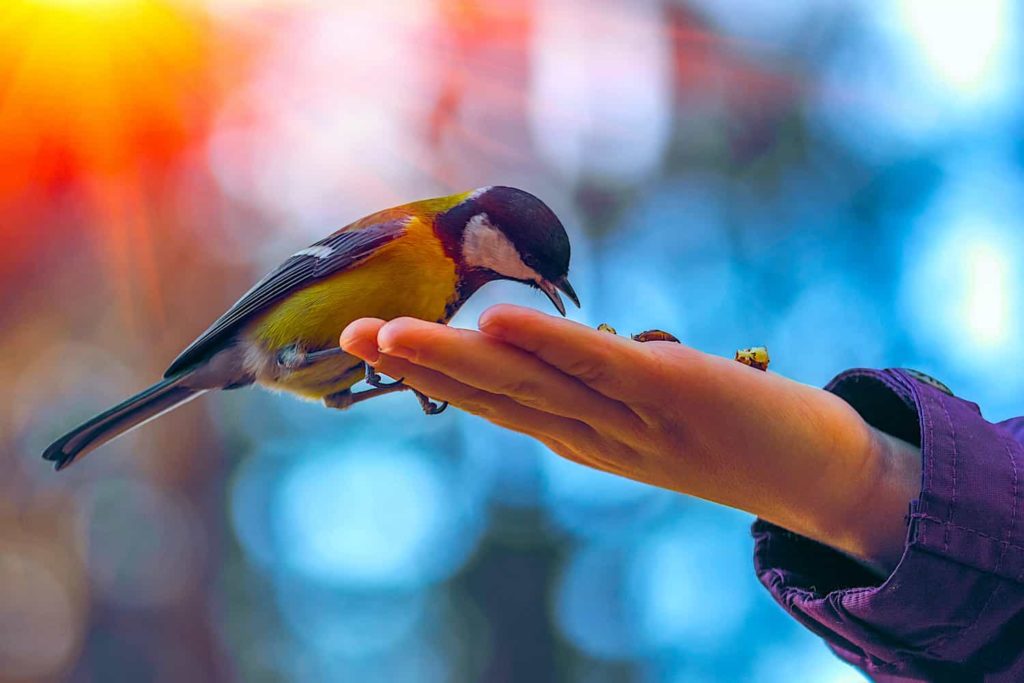
Kindness and Creativity
I don’t think much about rain unless there’s too much or too little. Life is like that: abundance and scarcity often draw our attention. This is especially true of kindness. I have been both overwhelmed by abundant expressions of kindness and shocked by the utter lack of it, sometime within minutes of each other. Recent experiences of both extremes have given me the opportunity to reflect on the role of kindness in life and society, as well as its connections to creativity.
Kindness and Its Bad Reputation
When asked directly, most people praise kindness as a virtue. Jean Jacques Rousseau wrote of the importance of kindness in education and in life in 1762, asking the rhetorical question, “what wisdom can you find that is greater than kindness?” (Emile, or On Education). Despite being praised by the multitudes and by famous political philosophers, kindness often gets a bad rap in modern society.
How many times have we heard the axioms against kindness, “no good deed goes unpunished,” or “nice guys finish last”? When kindness isn’t attacked outright, it may be held in suspicion. In the sit-com Friends, the otherwise happy-go-lucky characters of Phoebe and Joey spend an entire beloved episode debating whether selfless good deeds even exist. It seems that although modern society often pays lip service to the importance kindness, especially among children and young people, it is just as often considered suspect among adults.
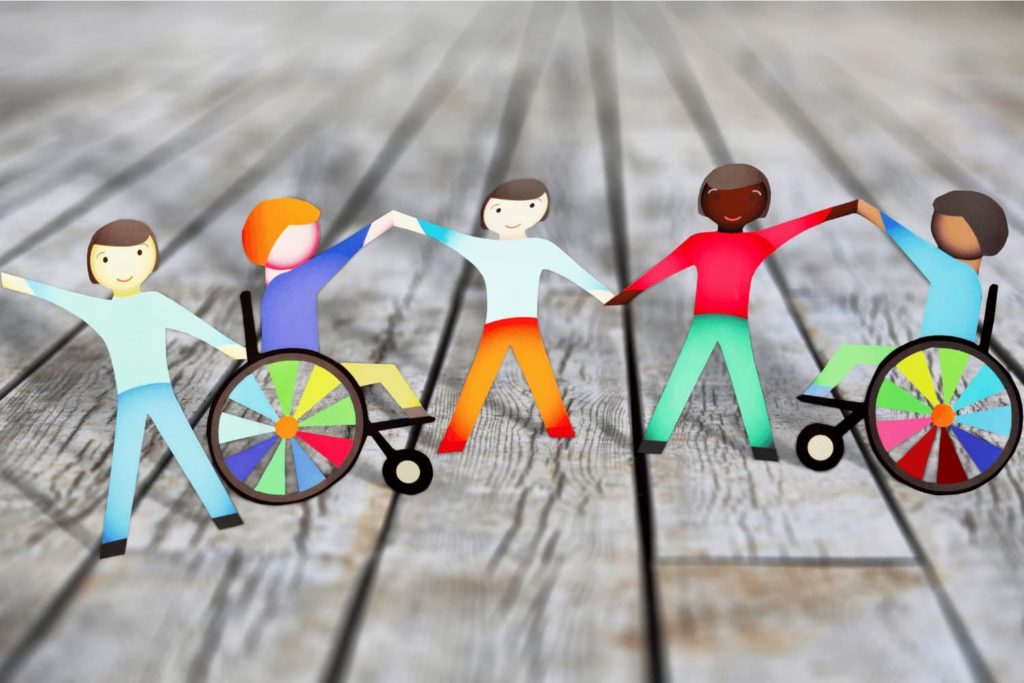
In the end, kindness is a choice. Each one of us must decide on a day-by-day basis (and often minute by minute) whether or not to be kind. Although I often fall short of my own kindness ideals, I choose to believe that it is worth pursuing. The rest of this essay departs from the premise that kindness is a virtue; if this is not your view, continue reading at your own moral peril.
Kindness and the Brain
Kindness is an attitude and a habit that can be cultivated. Although the popular imagination places kindness in the heart or the soul, modern science locates the processes of kindness in the brain. Much of the cognitive science that explains other mental processes also helps us understand dispositions around kindness.
By this point, many are familiar with the most famous rhyme in brain science: “what fires together, wires together.” The neuropsychologist Donald Hebb coined the phrase in 1949 to describe how neuropathways are formed: if two phenomena (inputs, sensations, actions, stimuli, rewards, etc.) occur together repeatedly, it becomes easier and easier for our brains to associate them. We can use this phenomenon to create neuropathways of kindness through rewards.
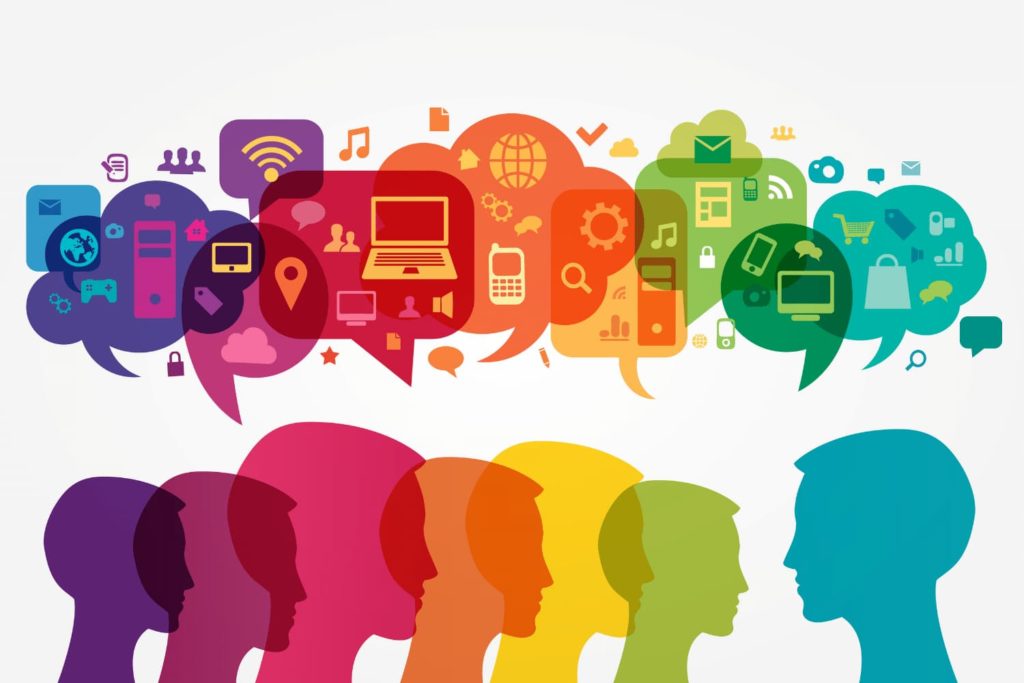
Some may argue that kindness should be its own reward, but in a society that values self-interest and getting ahead at all costs, intrinsic motivations for kindness might not be enough. Rewards might be particularly helpful if we want to develop a consistent kindness practice, rather than random and occasional acts of niceness. If we want to create a practice of giving compliments, to offer a very basic example, we might reward ourselves in some small way after a certain number of compliments given. We would eventually associate the kindness of compliments with the small reward. This could be seen as too utilitarian for some, but if it works, might the happiness it brings others and ourselves just be worth it?
Being Creatively Kind
In a society suspicious of kindness, any act of thoughtfulness could be considered creative. But once we have chosen to be considerate and helpful, we can opt to do so in a more creative manner. One common definition of creativity is the ability to make unexpected connections that are also useful. For those of us who consider kindness useful in and of itself, we are already halfway to creativity. All that is left is to take our expressions of kindness into the realm of the unexpected.
Going back to the previous example of compliments, which are a common expression of kindness, we can practice our creativity by going beyond the most typical words of praise. The most frequent compliments in our society tend to reference physical appearance, especially clothing or hairstyles. Such words of praise can be problematic for their superficiality and their gendered connotations.
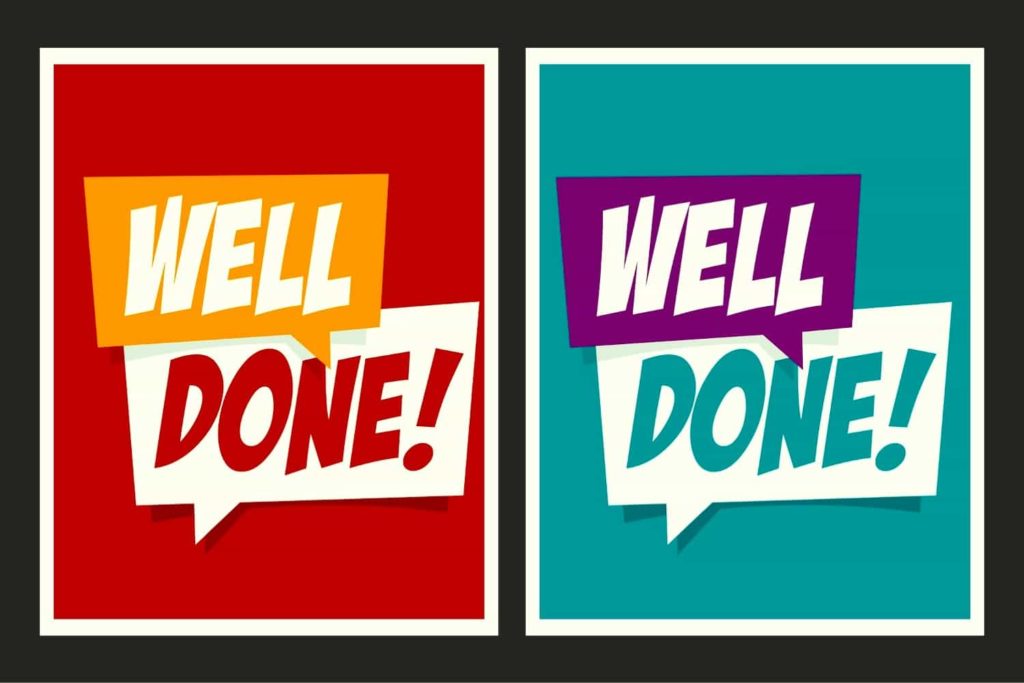
Compliments on positive action are much more reflective of inner qualities: “I really appreciate the way you explained that” or “you’re so good at organizing this material,” are phrases that reinforce positive aspects of character rather than appearance. Not to be too “meta” about all of this, but how wonderful would it be to pay attention to and compliment people on the ways that they are kind? “I love the way you make sure that everyone feels included” or “you really know how to build someone up when they are feeling down.” Kindness reinforcing kindness, to my mind, could be the most useful deployment of creative thoughtfulness.
More Creatively You
I have often witnessed in others and in myself that it is difficult to be kind to the outside world while at the same time being harsh with our inner selves. Sometimes the hardest person to be kind to is the person in the mirror. If you reacted with “that’s distasteful” or “how indulgent” to the idea of rewarding yourself for thoughtfulness, perhaps it is you who is in most need of your own kindness.
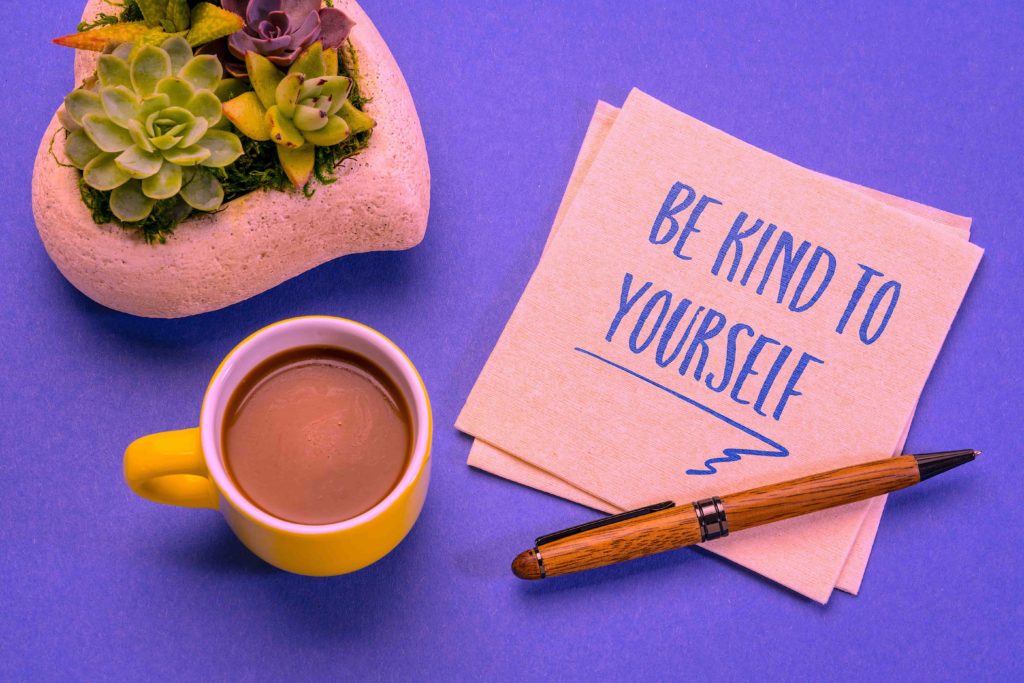
Try thinking of creative ways that you can be kind to yourself as a reward or just as a treat. While the indulgences that come most readily to mind may be food or beverages, what are other more creative self-kindnesses that you crave? You could take yourself for a walk in your favorite park or spend a half an hour watching your favorite comedian online. The more you are creatively kind to yourself, the easier it will be to be authentically you, and then be more creatively kind to others.
Creativity and kindness are alike in several ways. They are both qualities of the mind, and they both bring benefits to their practitioners as well as to those around them. And it’s my humble opinion that the world would be a much better place with more kindness and more creativity.
You are fabulous because you are you… now go be creative and kind with yourself and others!